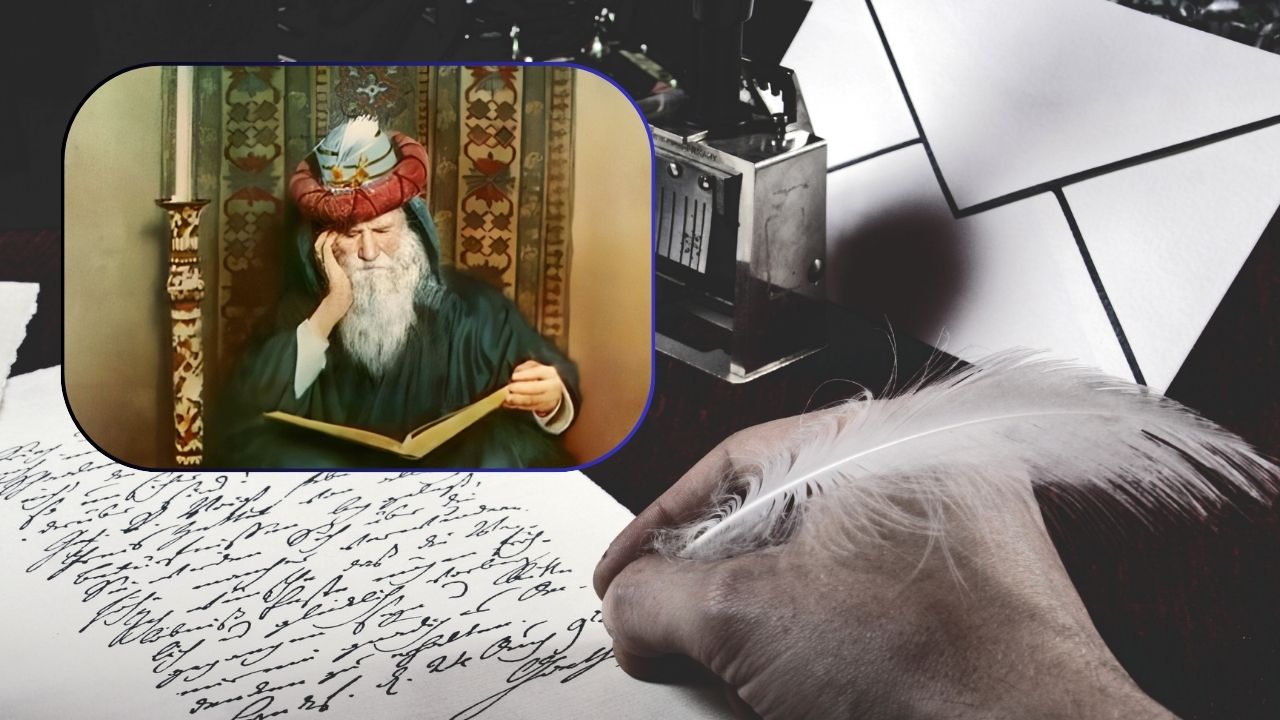Omar Khayyam: The Polymath of Persia
Omar Khayyam (Ghiyāth al-Dīn Abū al-Fatḥ ʿUmar ibn Ibrāhīm Nīsābūrī) was a Persian polymath renowned for his contributions to mathematics, astronomy, philosophy, and poetry. Born in Nishapur, Iran, around 1048, he lived during the Seljuk dynasty, a period marked by significant intellectual and cultural growth.
A Master of Many Fields
Khayyam’s intellectual prowess was extraordinary. As a mathematician, he made groundbreaking advancements in algebra, particularly in solving cubic equations. His geometric approach to these complex problems was centuries ahead of its time. His astronomical work was equally impressive; he led a team in creating highly accurate astronomical tables and was instrumental in reforming the Persian calendar.
Beyond his scientific pursuits, Khayyam was a deep thinker and philosopher. His philosophical musings often found expression in his poetry, most notably in his quatrains, or rubāʿīyāt.
The Poet and Philosopher
While Khayyam is celebrated for his scientific achievements in Persia, it’s his poetry that brought him worldwide fame. The Rubáiyát, a collection of quatrains exploring themes of love, life, death, and the search for meaning, has captivated readers for centuries. Edward FitzGerald's English translation of the Rubáiyát in 1859 introduced Khayyam to a Western audience, solidifying his reputation as a profound poet and philosopher.
Omar Khayyam's legacy endures as a testament to the breadth and depth of his intellect. He was a true Renaissance man of his time, leaving an indelible mark on mathematics, astronomy, philosophy, and literature.
Sokhanvar information
Published on Aug. 7, 2024, 7:08 p.m. by @admin
- Name: Ghiyāth al-Dīn Abū al-Fatḥ
- Persian Name:: نام به فارسی
- Alias: Omar Khayyam
- Comments: 0
- Views: 725
Works
As mathematician, he made significant strides in algebra, particularly in solving cubic equations through geometric methods. His contributions to astronomy were equally impressive, including the creation of highly accurate astronomical tables and calendar reform. However, his poetic works that have garnered him enduring fame. The Rubáiyát, a collection of quatrains exploring life, love, death, and existence, has captivated readers for centuries, solidifying his reputation as a profound thinker.
Books
- No books added yet.

